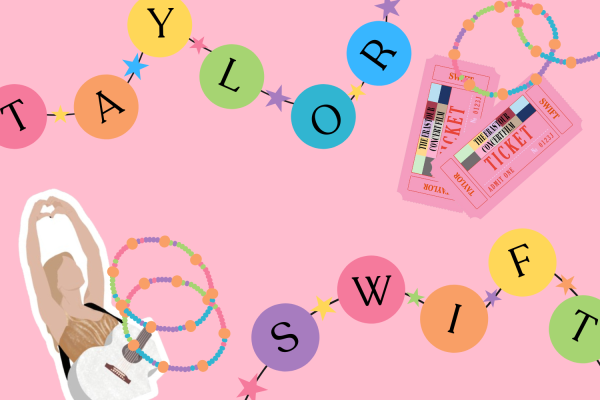Censorship threatens expression

Photo courtesy of Wikipedia Commons
Censorship is an issue that is doubtlessly as old as art, literature and speech. Yet, debates around the subject crop up year after year, usually spurred by something graphic in the latest popular movie, TV show or book.
Censorship is often caught up in moral panic about openly discussing and expressing controversial ideas. This is nothing new.
In the 1950s, similar moral panic arose regarding comic books that dealt with mature themes like race, discrimination, drug use and poverty.
In the book “The Seduction of the Innocent,” published in the ’50s, pseudoscientist Frederic Wertham even goes as far to claim that Wonder Woman encouraged young girls to become lesbians and Batman and Robin supported homosexuality.
Did comic books lead to a generation of drug-using, homosexual, violent, dumb communists? No. Did we learn our lesson to not trust mass hysteria over certain kinds of media? No.
Censorship today is often discussed with regards to TV shows and video games. Some especially controversial examples are the Netflix series “13 Reasons Why,” which features a graphic suicide scene in the final episode, and various violent games like the “Grand Theft Auto” and “Call of Duty” franchises.
Moral panic almost exclusively focuses on media that is new and targets a younger demographic.
Anyone can recognize the fundamental hypocrisy of those calling for greater censorship of media containing uncomfortable ideas, such as the infamous suicide scene in “13 Reasons Why” yet go home at night, sit down and partake in more traditional media that deals with equally disturbing ideas, such as a “Law and Order” episode that might depict a rape and homicide.
If these acts were to be featured in a video game, people the nation over would lament the moral decay of the younger generation.
Censorship is not healthy for art, literature or society in general. It stifles creativity and keeps us away from exploring some of the deepest and most profound issues of our time. Abuse, rape, sexism, racism, poverty, depression and suicide are all significant pieces of life for millions of people. Why, then, are we so quick to quiet any discussion or depiction of pervasive parts of life?












